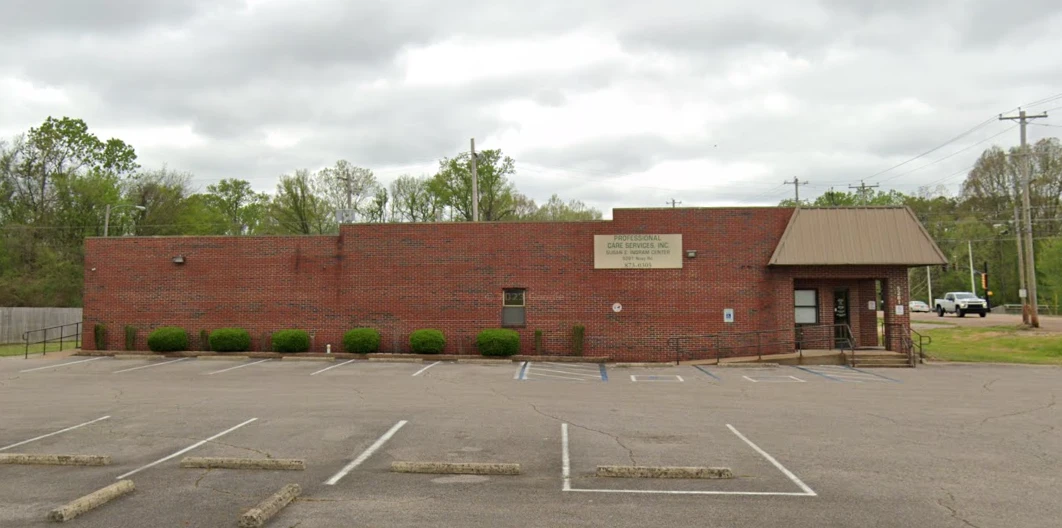Professional Care Services (PCS), located in Dyersburg, TN, offers a wide range of mental health and substance abuse services for both adults and children. The center offers therapy for individuals and families, tests for drug abuse, and management of medications. They accept TennCare, BHSN, private insurance, and self-pay patients. PCS serves a wide range of people and doesn't discriminate based on gender or religion. They focus on providing open, all-around care.
There are many specialized programs that PCS provides, such as Medication Assisted Treatment (MAT), crisis services, group support, and residential programs. Comprehensive Child & Family Therapy (CCFT), school-based mental health liaisons, and intensive treatment teams are some of the other services it offers. PCS uses many types of treatment, like cognitive behavioral therapy, psychiatric exams, and recovery-based services. They focus on helping people who are at a high risk, like kids who might have to live with someone else or adults who are in the criminal justice system. People also know the center for its trauma-informed care and help for first responders. PCS is both a Commission on Accreditation of Rehabilitation Services (CARF)-approved site and a National Health Service Corps (NHSC)-approved site.
Professional Care Services Information
Treatment
Who We Treat
- Children
- Teens / Adolescents
- Young Adults (18–25)
- Adults
- Seniors/Older Adults
- Adolescents
- Older Adults
- Male and Female
Approaches
- Family Therapy
- Group Therapy
- Cognitive Behavioral Therapy (CBT)
- Dialectical Behavior Therapy (DBT)
- 1-on-1 Counseling
- Medication-Assisted Treatment (MAT)
- Online Therapy
- Life Skills Training
Conditions We Treat
- Trauma
- Co-Occurring Disorders
Languages
- English
Aftercare
- Outpatient Treatment
Level of Care
- Outpatient
Experience
Smoking and Vaping Policy
- Smoking Allowed in Designated Areas
- Vaping Allowed in Designated Areas
Accreditations
-
Commission on Accreditation of Rehabilitation Facilities (CARF)
CARF accreditation is a globally recognized certification for rehabilitation and human service organizations. It signifies that an organization meets high-quality standards and is committed to providing top-level care. Achieving CARF accreditation involves a rigorous evaluation process, including on-site surveys. This accreditation enhances an organization's reputation, instills trust in clients and funders, and encourages ongoing excellence in the field.

-
State department of health
Government agencies issue State Licenses, which grant rehabilitation organizations permission to conduct their operations lawfully within specific geographic regions. Licenses needed to operate are typically determined by the type of rehabilitation program offered by the facility and its physical location.

Additional Locations
Professional Care Services Accepts The Following Insurance Plans
Find the best treatment options. Call our free and confidential helpline today!




